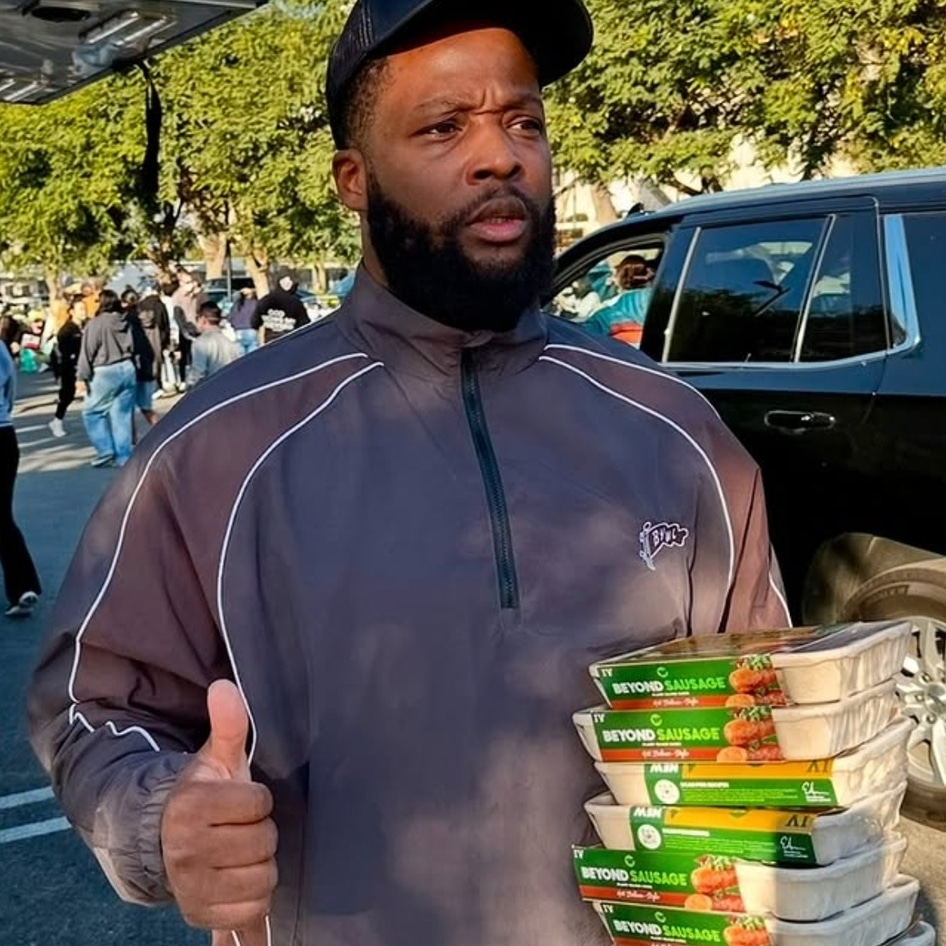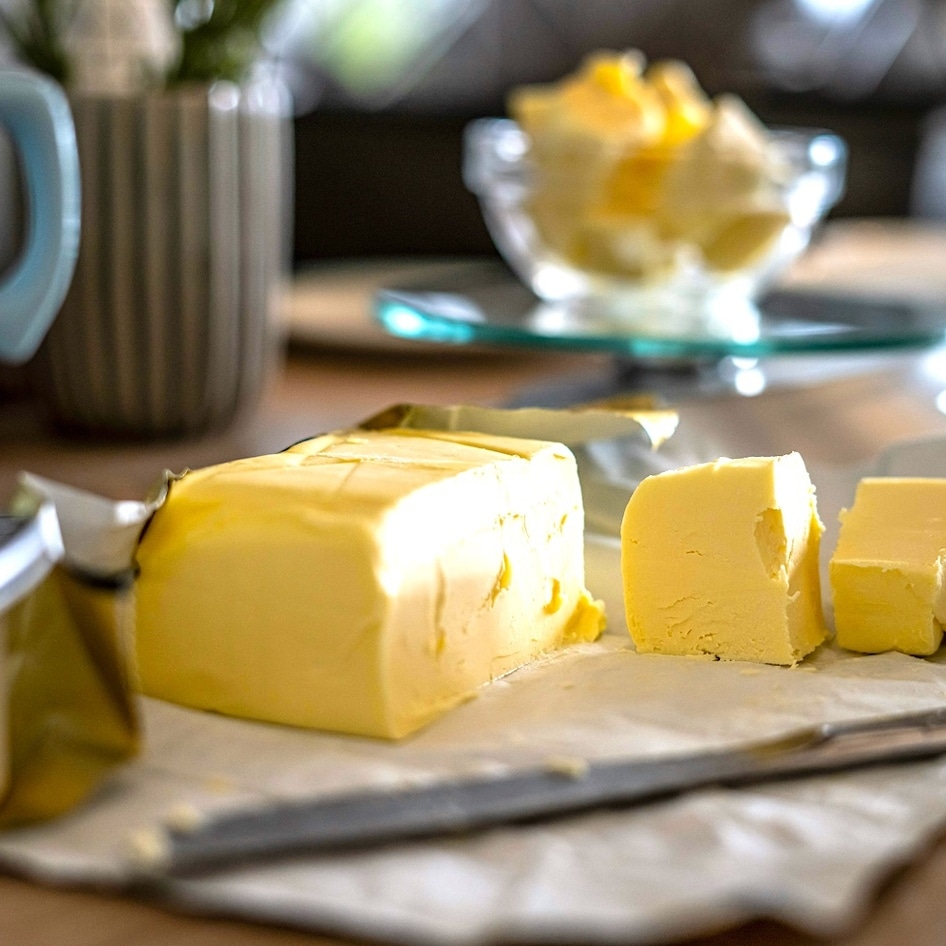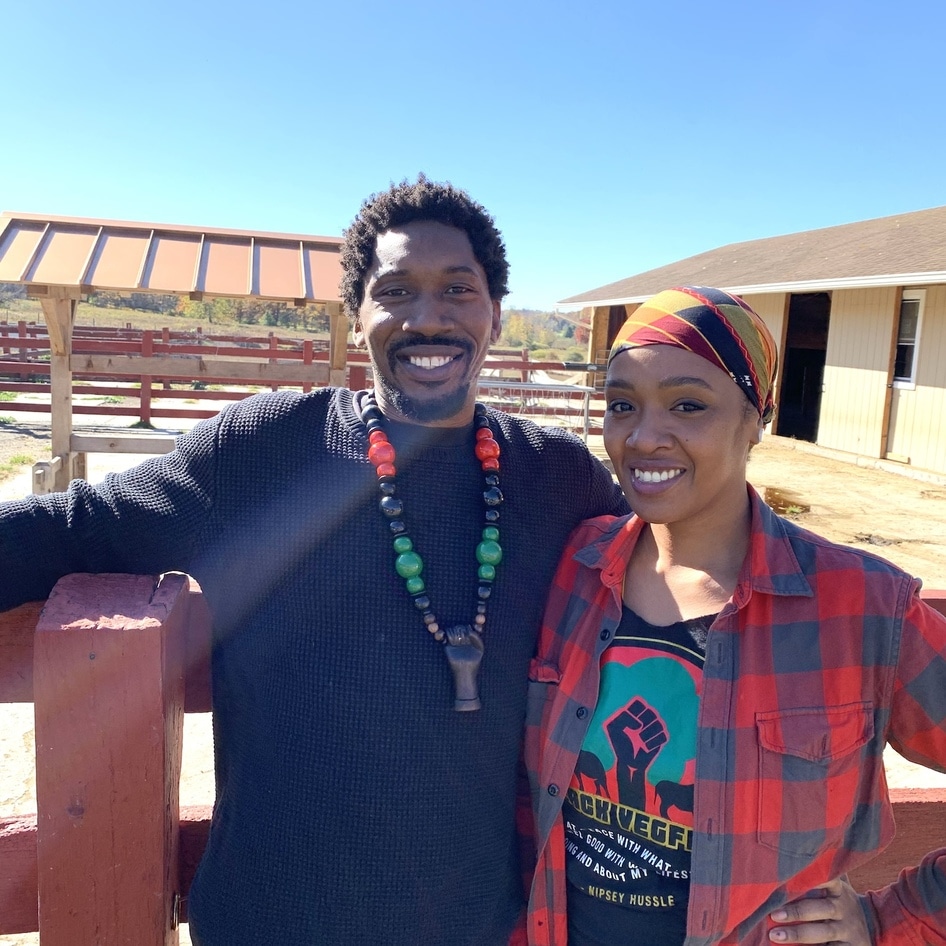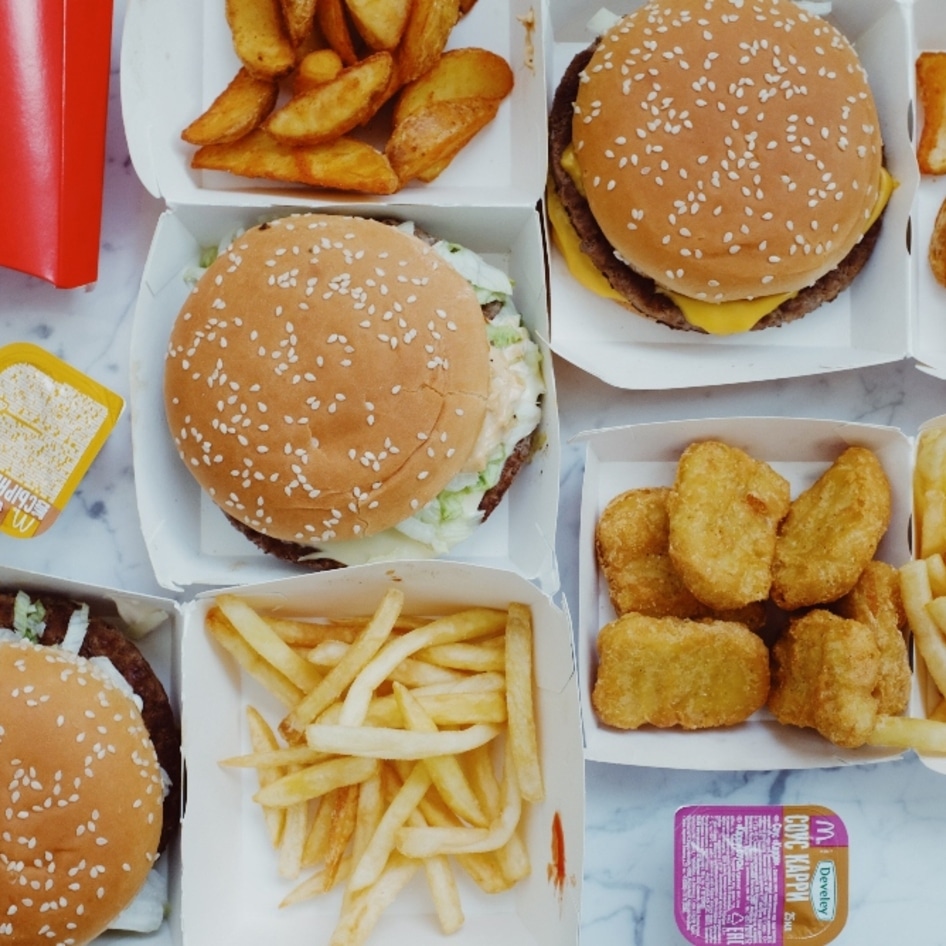Something interesting can happen when we go vegan. We can remove ourselves so much from how most people live that we forget that our goal of changing the world for the better hinges on us being able to speak to and relate to those who aren’t like us—in other words, people who still eat and use animals. Despite inroads in so many spheres, we are still a tiny minority of the population, which is why many of us seek out the community of other vegans. This makes sense, but building community at the expense of isolating ourselves can build echo chambers of the like-minded. This leads to living in bubbles where we forget that we are the main ambassadors to what many see as a perplexing but perhaps intriguing way of living. I have been thinking about this more and more as I recently saw my social media channels light up after the death of Food Network celebrity chef and restaurateur Carl Ruiz, who recently died in his sleep at the age of 44 of atherosclerotic cardiovascular disease, a restriction of blood flow due to plaque buildup in the arteries.
An easy target
Ruiz wasn’t just an avid proponent of eating flesh, he was actively antagonistic towards meat-abstainers, and with his large platform, his early death was perhaps too tempting for some vegans to resist getting that last jab in. Having logged in a fair amount of time as an angry vegan myself, I honestly understand the impulse. I also understand that behaving like this is counter to any goals of getting people to consider veganism. Is there anyone among us who doesn’t have a beloved family member or old friend who still eats meat, or even mocks vegans? Are we supposed to be okay with vegans breaking out the champagne and dancing a happy jig on their graves, too? The kindest people I have ever known—my grandparents—were not remotely vegetarian, let alone vegan. Should I reassess how I think of them now that I’m vegan? Should I try to erase my wonderful memories of them and assign them to the flaming trash pile where all the other non-vegans seemingly go?
A system of oppression
We have to remember that animal agribusiness oppresses many people in addition to the animals so thoroughly victimized and ground up by its systems. From those living in the shadows of the concentrated animal-feeding operations—often the least affluent people and primarily people of color—who have their health and lives compromised by living in close proximity to these grotesquely polluting machines, to the horrific treatment of vulnerable workers in its death chambers, the cruelty and exploitation of the meat and animal products industries reach further than the animals we are trying to save. I would include those who die of heart disease when they should be at the prime of their lives as victims of this rapacious industry, regardless of that person’s antipathy towards vegans. The animals people eat are the ultimate victims of the industry, of course, but let’s not forget that the human toll is considerable as well, manifesting in ways rarely attributed to it. As activists, we should remember to connect those dots to the public.
Our ultimate goal
Further, if we are activists for the animals because we want to build a more just and compassionate world, shouldn’t we care about our effectiveness? Is laughing at someone posthumously likely going to result in better outcomes for the animals? People are going to have to hear and accept our message if we have any hope of overcoming the deep cultural conditioning and considerable obstacles to veganism if we are going to effect change for the animals. How can we do this if people dismiss vegans as judgmental and callous, even sadistic? If our only goal is to create better outcomes for the animals and we truly do not care about other people, we should want to be kind for that reason alone, because how you treat people matters with regard to them accepting or rejecting your message.
It’s not a laughing matter
I’m not saying vegans should all aspire to be “nice” all the time, because the animals depend on us sharing some very harsh truths with the world about the tragic lives they are forced to live. I am certainly not saying we should shy away from exposing people to their lived reality because they depend on us to be honest and, as we know, sometimes the truth hurts. We all will have different ways of expressing this and I think a diversity of approaches works because different communication strategies get through to different people. Some people prefer bluntness; some prefer gentleness. That said, laughing at someone’s death—someone who should not have died of restricted blood flow at the age of 44—is really not going to appeal to much more than the echo chamber and our little vegan bubbles. In other words, it will not benefit the animals at all.
Marla Rose is co-founding partner of VeganStreet.com.
JUMP TO ... Latest News | Recipes | Guides | Health | Subscribe







